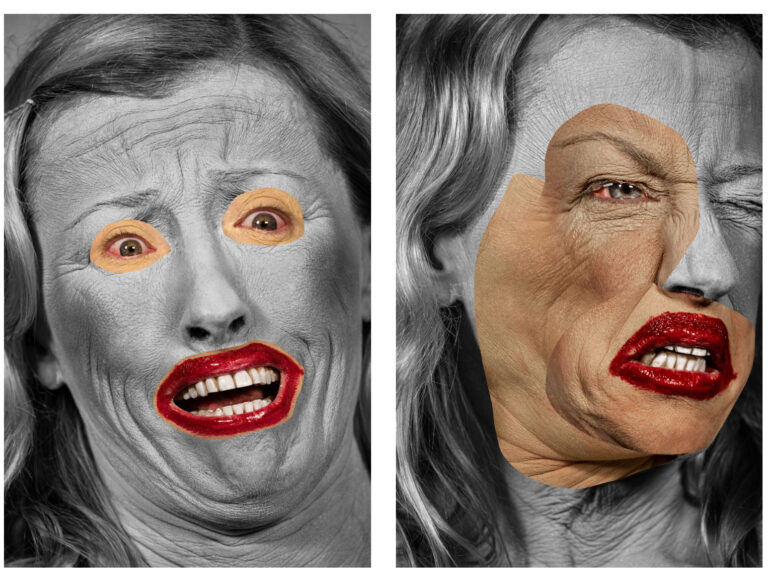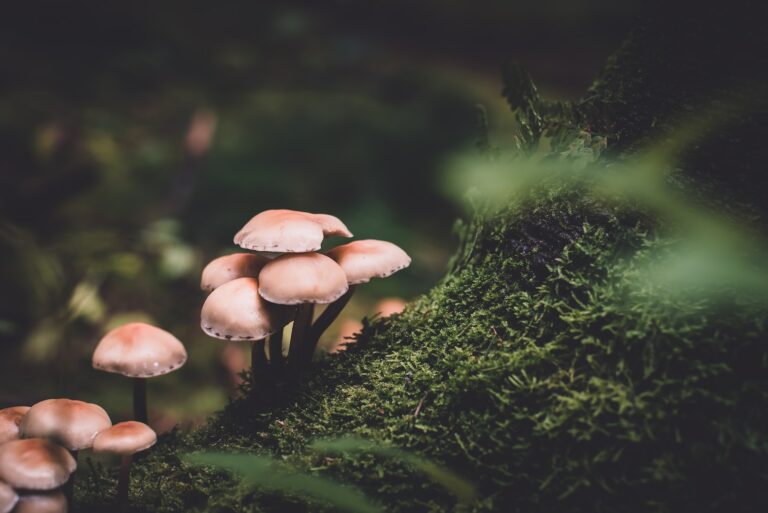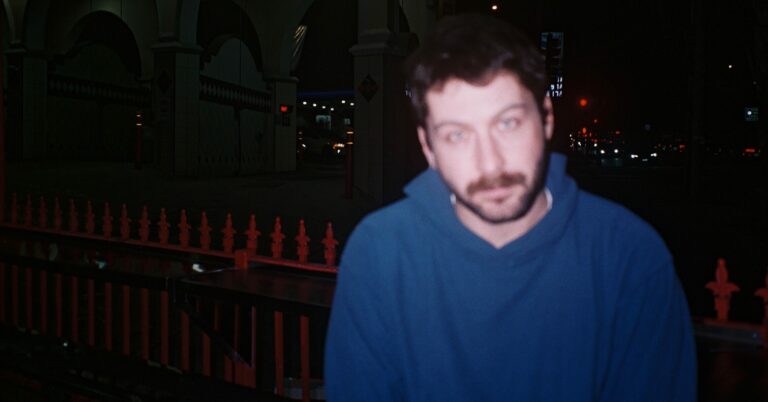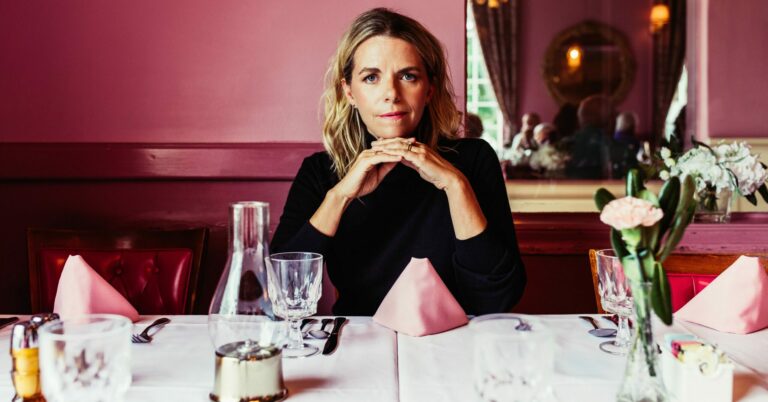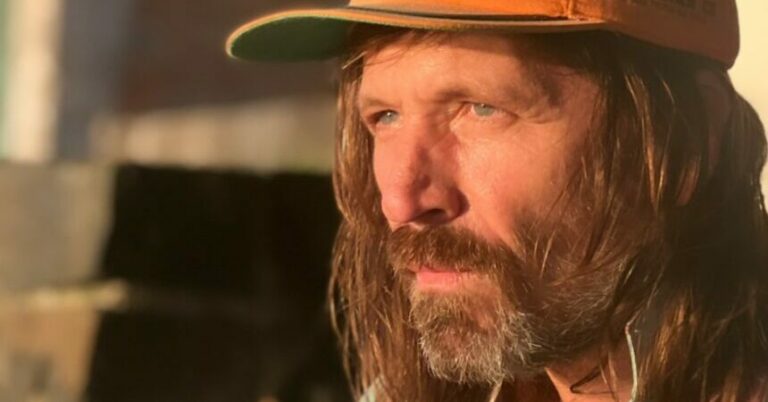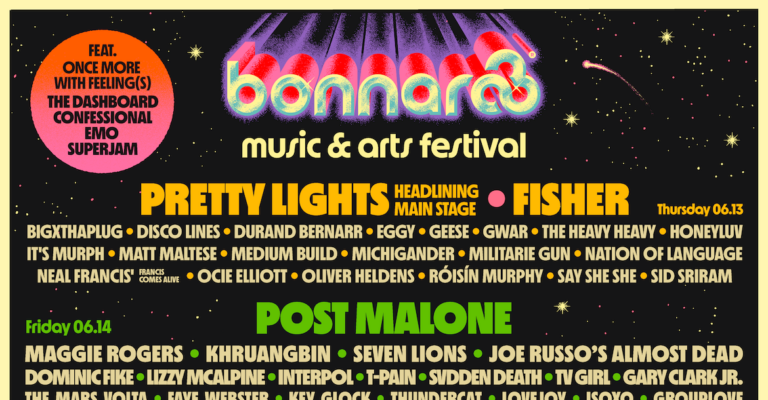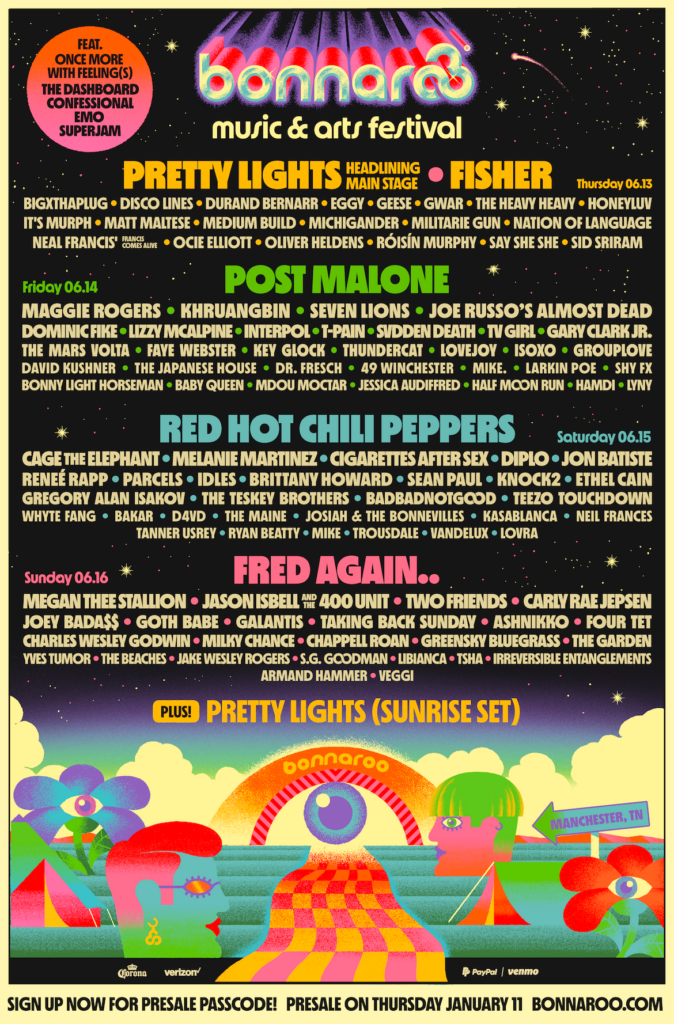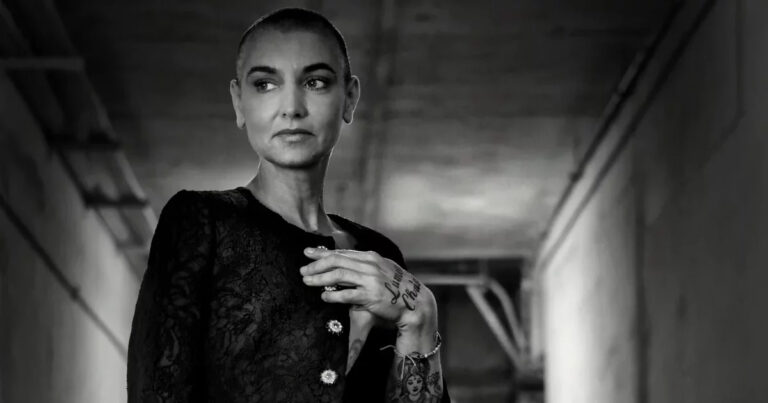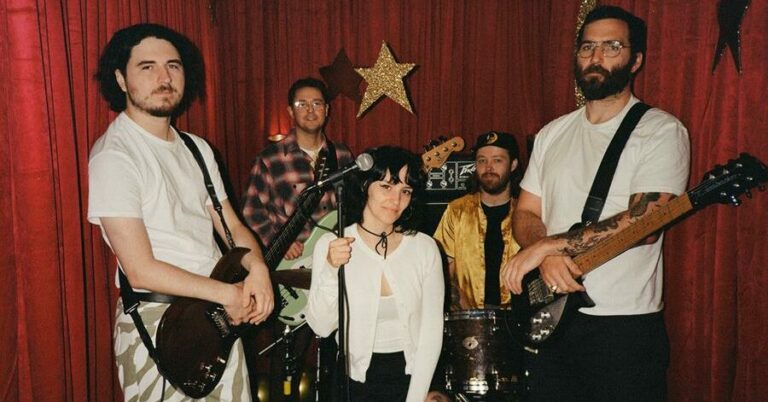In this article, we will discuss mushrooms, a type of fungus. Mushrooms are very popular in America; people eat around 3 pounds yearly. Mushrooms do not contain many calories, so they are suitable for health. The article lists ten health benefits of mushrooms. Mushrooms help lower the risk of cancer, help maintain brain health, and make the heart healthier.
Mushrooms such as amanita mushrooms enhance the taste of dishes with their savory flavor and do so without contributing excessive fat, calories, or sodium. Beyond their culinary appeal, ongoing research reveals the extensive health advantages mushrooms offer. Delve into the following ten ways mushrooms can positively impact your health, providing insights into how they can help prevent chronic diseases and enhance your overall well-being.
What are mushrooms?
Mushrooms, belonging to the Fungi kingdom, are unique organisms distinct from plants and animals. They lack chlorophyll and derive nutrition from decomposing organic matter, showcasing over 10,000 species. Despite being a type of fungus, mushrooms remain a popular addition to American diets.
The U.S. Department of Agriculture statistics reveal that each American consumes about three pounds of mushrooms annually. The appeal of mushrooms goes beyond their taste; they offer significant health advantages.
10 Health Benefits of Eating Mushrooms
Cancer Risk Reduction
Mushrooms offer compelling benefits in reducing the risk of cancer. Packed with powerful microchemicals, they are natural defenders against abnormal cell growth. Rich in antioxidants, mushrooms form a robust armor, shielding cells from oxidative stress—the precursor to cancer.
Additionally, these fungi enhance immune function, providing an extra layer of protection. With anti-inflammatory properties, mushrooms combat chronic inflammation, a known catalyst for cancer.
Their ability to target abnormal cell growth and support metabolism further cement mushrooms as a formidable ally in the ongoing battle against cancer, making them an invaluable addition to a cancer-preventive diet.
Lower Sodium Intake
Mushrooms offer a unique solution for reducing sodium intake, which is essential for heart health and blood pressure management. Their natural low sodium content and rich umami flavor made them ideal for enhancing dishes without adding salt.
This characteristic is particularly beneficial for those with hypertension or anyone aiming to decrease their sodium consumption. The savory taste of mushrooms allows them to be a versatile ingredient in various recipes, replacing or reducing the need for salt. This adaptability helps individuals effortlessly incorporate a low-sodium diet into their daily meals without sacrificing flavor.
Mushrooms are a flavorful and healthy alternative to salt in many dishes, helping to reduce overall sodium intake. This is crucial for maintaining heart health and preventing hypertension. Due to their umami flavor, mushrooms enhance the taste of food naturally, allowing for less reliance on salt without compromising on flavor.
Cholesterol Management
Mushrooms are increasingly recognized as a heart-friendly food, offering multiple benefits for cardiovascular health. Notably low in calories and completely fat-free, they are an excellent dietary choice for those looking to maintain or improve heart health. Regular consumption of mushrooms contributes significantly to better overall heart health.
Mushrooms can easily be incorporated into various meals, making them an accessible and delicious way to support heart health. Their ability to absorb flavors and provide a meaty texture makes them a favorite in vegetarian and vegan diets, but they are equally beneficial in any dietary regimen focused on heart health.
This combination of nutritional benefits and culinary versatility makes mushrooms a valuable component of a heart-healthy diet.
Brain Health Protection
Mushrooms benefit heart health and play a significant role in protecting and enhancing brain health. They contain unique compounds that can positively impact the brain, offering a range of cognitive and neurological benefits. Mushrooms are like superheroes for our brains because they have unique antioxidants and B vitamins.
There’s also something called choline that helps build strong brain cells. All these things together make mushrooms good for our minds. Eating mushrooms regularly may protect against Alzheimer’s and improve brain function as we age.
Incorporating mushrooms into a balanced diet is a simple yet effective strategy for maintaining brain health and protecting against cognitive decline.With their variety of types and flavors, mushrooms can support physical and mental health.
Regular mushroom consumption may enhance cognitive function and reduce the risk of such diseases attributed to unique compounds like ergothioneine. Furthermore, mushrooms have the potential to stimulate nerve growth factors, essential for neuron maintenance and brain function.
Emerging research also hints at their positive impact on mental health, possibly aiding conditions like anxiety and depression.
Provide a Source of Vitamin D
Mushrooms, unique non-animal sources of vitamin D, stand as crucial allies for bone health and immune function, especially beneficial for vegetarians and vegans. Exposure to sunlight activates vitamin D production in mushrooms, offering a plant-based solution. Learn how to prepare these nutritious fungi for a wholesome culinary experience.
Notably, varieties like Lion’s Mane contribute to cognitive well-being, containing compounds that stimulate brain cell growth and enhance cognitive function. This dual role makes mushrooms a flavorful addition to diets, addressing vitamin D needs and potentially slowing the progression of neurodegenerative diseases.
Embracing a diverse mushroom repertoire ensures a holistic approach to health, intertwining bone strength, immune support, and cognitive vitality. Incorporating these fungi into our meals becomes a delightful and nutritious strategy for overall well-being.
Lower Blood Pressure
Mushrooms emerge as a dual powerhouse for cardiovascular health. Packed with potassium, these fungi act as effective vasodilators, promoting blood vessel relaxation and mitigating the risk of hypertension and cardiovascular diseases.
Notably, their low sodium content contributes to a balanced electrolyte profile, further aiding blood pressure regulation. Regular inclusion of potassium-rich foods, such as mushrooms, in the diet becomes a strategic approach to maintaining heart health.
By fostering a harmonious balance between potassium and sodium, mushrooms offer a flavorful and nutritious solution to support overall cardiovascular well-being. This natural synergy underscores the importance of incorporating diverse and nutrient-rich foods into our diets, emphasizing the holistic impact on heart health and the broader spectrum of our well-being.
Immune System Boost
Mushrooms are like superheroes for our bodies because they have unique things called beta-glucans and polysaccharides that strengthen our immune system. These superhero compounds help our body fight germs and sickness, keeping us healthy.
The beta-glucans in mushrooms are like commanders that tell our immune cells, such as natural killer cells and macrophages, to be active and ready to protect us. This makes our body better at fighting infections and staying strong.
So, eating mushrooms often can boost our immune system and help our body stay tough against different illnesses. Adding mushrooms to our meals makes them tasty and helps us stay healthy and strong.
Rich in Potassium
Mushrooms are a nutritional powerhouse, particularly rich in potassium—an essential mineral crucial for multiple bodily functions. Potassium plays a pivotal role in nerve signal transmission, muscle contraction, and maintaining a healthy balance of fluids in the body.
This makes mushrooms a flavorful addition to meals and an ideal food for overall physical well-being. Incorporating mushrooms into our diet promotes the optimal functioning of nerves and muscles while maintaining healthy blood pressure levels.
The natural synergy between the potassium content in mushrooms and its diverse benefits emphasizes their significance as a nutrient-dense and tasty option for those seeking to enhance their overall physical health. Choosing mushrooms as part of a well-rounded diet becomes a simple yet impactful strategy for supporting various essential bodily functions.
Support Heart Health
Mushrooms emerge as heart-healthy champions, boasting a mix of essential nutrients that contribute to cardiovascular well-being. Low in calories and fat-free, mushrooms offer a nutritious package containing heart-friendly elements such as fiber, potassium, and vitamin D.
This nutrient ensemble plays a crucial role in managing blood pressure, regulating cholesterol levels, and preventing chronic heart conditions. The fiber aids in maintaining healthy cholesterol levels, while potassium helps regulate blood pressure, promoting optimal heart function.
Additionally, mushrooms contribute to heart health by providing vitamin D, a nutrient associated with various cardiovascular benefits. By incorporating mushrooms into our diet, we embrace a flavorful and nutritious strategy for supporting heart health.
This natural synergy of heart-protective nutrients within mushrooms underscores their role as a tasty and beneficial addition to a well-balanced diet, promoting cardiovascular resilience and overall vitality.
Antioxidant Properties
Mushrooms are like superheroes for our bodies because they have unique things called antioxidants, such as selenium. These antioxidants act like shields, protecting our cells from damage and helping to keep us healthy.
By eating mushrooms, we get these superhero powers that fight against inflammation and aging, ensuring our bodies stay strong. It’s like a natural defense system! So, when we enjoy mushrooms, we’re not just having tasty food but also giving our bodies extra protection to stay well and live a longer, healthier life. It’s a simple and delicious way to ensure we care for ourselves from the inside out.
Are Mushrooms Safe?
To start, commercially grown mushrooms are generally safe for consumption as they are cultivated in controlled environments, free from harmful substances found in the wild. It’s crucial, however, to clean and cook them properly to eliminate any potential bacteria or contaminants.
On the other hand, caution is essential when dealing with wild mushrooms. Distinguishing between edible and toxic varieties can be challenging, and consuming poisonous mushrooms, often resembling their edible counterparts, can have severe health consequences, including fatal poisoning. Foraging wild mushrooms is advised only if trained or accompanied by an expert.
Individuals with specific health conditions or allergies should be wary, as some may experience adverse reactions or gastrointestinal discomfort after consuming mushrooms. Certain mushrooms can also interact with medications or worsen pre-existing health conditions. Seeking advice from healthcare providers before significant dietary changes, such as adding or increasing mushroom intake, is wise.
Nutritionally, mushrooms are a low-calorie, nutrient-rich food, making them a healthy addition to most diets. However, as with any food, moderation is essential to maintain a balanced and varied diet. cun.
Are Mushrooms Legal?
Mushrooms are entirely legal in the context of the commonly consumed varieties used for culinary purposes. Mushrooms, including button, portobello, and shiitake, are often used in cooking and are widely available and legal at most supermarkets and marketplaces. These mushrooms are well-liked in many different culinary recipes for their flavor and nutritional content.
Conclusion – Health Benefits of Mushrooms
Mushrooms, integral to the American diet at three pounds per person annually, offer health benefits without excess fat, calories, or sodium. They reduce cancer risks with bioactive compounds and antioxidants. Mushrooms, contributing to heart health, manage cholesterol and sodium intake. Beneficial for brain health, they contain antioxidants and B vitamins, potentially protecting against cognitive diseases.
As a non-animal vitamin D source, they support bone and immune health. High potassium content aids blood pressure regulation and cardiovascular well-being. While generally safe, caution is needed with wild mushrooms, and those with specific health conditions should consult healthcare providers before adding them to their diet.
FAQs About Benefits of Mushrooms
Is it good to eat mushrooms every day?
Eating mushrooms every day can give us certain health benefits. Mushrooms are a low-calorie food with high in fiber and packed with various nutrients that contribute to overall well-being. Studies show that mushrooms may help reduce cancer risk, manage cholesterol levels, support brain health, provide vitamin D, lower blood pressure, and boost the immune system. However, moderation is emphasized, and individuals with specific health conditions or allergies should consult with healthcare providers before making significant dietary changes.
Which mushroom is the healthiest?
Many varieties like shiitake, reishi, maitake, and Lion’s Mane offer unique benefits. The choice of the healthiest mushroom may depend on individual health goals. For example, shiitake, reishi, and maitake are highlighted for their bioactive compounds and immune-boosting effects, while Lion’s Mane is noted for its contribution to cognitive well-being.
Who should not take mushrooms?
People with mushroom allergies, those taking certain medications that may interact with mushroom compounds, and individuals with specific health conditions should consult with a healthcare provider before consuming mushrooms.
How fast do mushrooms work?
Psychoactive mushrooms typically begin to show effects within 20 to 40 minutes after ingestion. The peak of these effects is usually experienced around 60 to 90 minutes, and they can last several hours. The onset time can vary depending on the mushroom type, dosage, and individual metabolism.
What are the side effects of mushrooms?
The side effects of mushrooms, particularly psychoactive varieties, can vary significantly. A few side effects are- anxiety, paranoia, or confusion. Physical effects of a certain condition or situation may include symptoms such as nausea, dizziness, an accelerated heart rate, and changes in blood pressure. It is crucial to approach these mushrooms cautiously due to their potent effects and potential for unpredictable psychological reactions.
